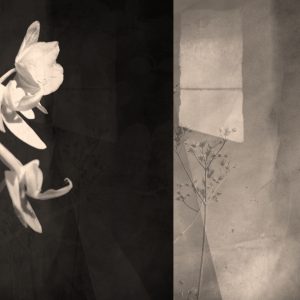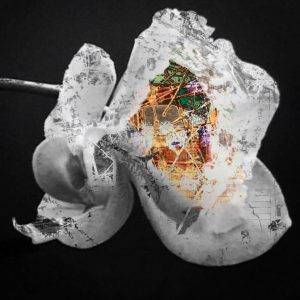TEXTS:
Daniel Halpern, The Art of the Story
Selected stories on Google Drive

COURSE REQUIREMENTS:
Attend class. Two unexcused absences will lead to a reduction in your final grade. Three or more unexcused absences will lead to failure. If you know that you’ll have to miss a class, let me know ahead of time and make arrangements for a classmate to pick up any material distributed in class and to inform you about any assignments.
Turn in assignments on time. Late work will be penalized one letter grade for every day (not every class) that it is late. All work will be submitted via Google Drive or on the class blog: JGB’s ENG 104. Documents on Google Drive should be named in this manner: YourName.ENG104.exercise1.docx.
Be prepared for class. You are expected to participate in the discussions in class in a thoughtful, responsible, and energetic manner. It is imperative that you come to class prepared. Read all assignments by the day they are due. Our schedule will no doubt require adjustments as the semester moves forward, but assume we’ll get to whatever’s on the schedule unless I explicitly push back (or forward) an assignment.
Proofread your work. I expect all work to be composed with care and to be free of mechanical errors. Assignments that suggest a lack of substantial effort and those plagued by persistent or egregious errors will be returned for revision and proofreading.
Attend Writers Series events on campus. (Please plan ahead so that you can resolve conflicts that you might have with any required readings, lectures, or performances.)

COURSE OBJECTIVES:
An appreciation for literature begins with enthusiasm. By learning to identify what makes a particular text interesting, entertaining, informative, or compelling, you will begin to understand the relation between literary texts and life itself — i.e., how the formal qualities of a particular literary genre may be used by the writer to explore the various subtleties, difficulties, moral dilemmas, and triumphs that are a part of being human.
By organizing your thoughts and presenting them to your classmates in blog posts, essays, and class discussions, you should come to see that literature is comprised of many components, each of which is part of a complex, integrated whole, each of which is available for discussion, analysis, and debate.